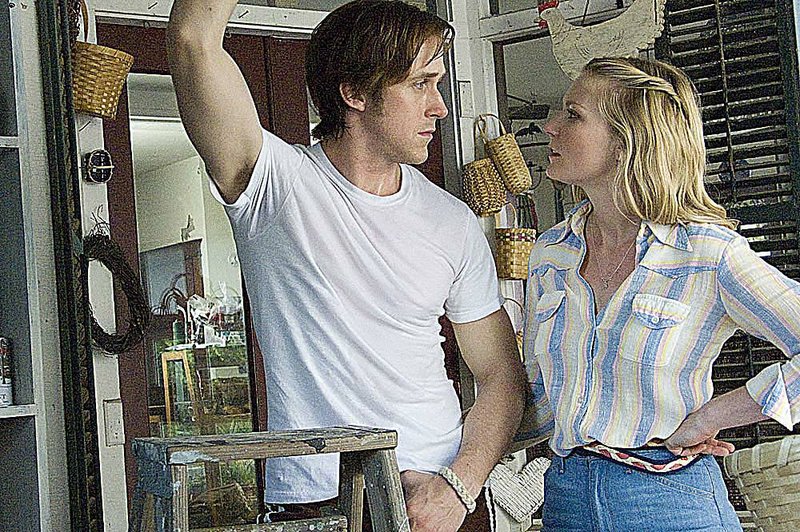LITTLE ROCK — All Good Things is a “true crime” movie about a very rich man, called here David Marks (Ryan Gosling), whom nearly everybody believes murdered his wife and very effectively disposed of her body in 1982, and then, nearly 20 years later, committed two more murders to cover up the original crime.
It’s based on - actually, I think it essentially means to be - the story of Robert Durst, the scion of a very wealthy family with extensive real estate holdings in New York. Durst is a strange character, who was arrested in 2001 after body parts of his neighbor Morris Black were found floating in Texas’ Galveston Bay. Durst - who was posing as a mute woman when hemet Black - admitted to killing Black, but claimed it was in self-defense. A jury agreed with him and though he served some time for the inappropriate disposal of human body parts, he’s now a real estate developer in Florida worth something north of $60 million.
All Good Things is the notable documentarian Andrew Jarecki’s (Capturing the Friedmans) attempt to fashion a narrative feature from the case.
He gets a lot of help from his actors. Gosling’s portrait of “David Marks” is creepy, uncanny and curiously inert; like a wax statue of Ted Bundy, it’s a cool-to-the-touch portrait of banal evil. And Kirsten Dunst is superb as his ill-fated bride.
But anyone who endeavors to tell a “true crime” story will inevitably find that “facts” are generally insufficient to sustaining a satisfactory narrative. Leaving aside the complicating factors of uncooperative witnesses and the inaccessibility of private thoughts, you still have to deal with the ultimate irrationality of most criminal acts and the random interference of unrelated yet provocative details.
And so, the artist more interested in story than the truth feels liberated to make stuff up, to try to explain why the richman killed his beautiful wife by pretending to understand the madness that roiled within him. And the journalist, afraid for his job, learns to stick to the Joe Friday facts.
Neither of them arrive at anything close to “the truth,” although it’s safe to say the artist and the journalist contribute to the public good. Yet while there are some very fine true-crime books the best way to investigate the mind’s dark rooms isthrough the imagination.
A lot of what Jarecki puts on-screen feels like a dramatization of eyewitness testimony. And the parts that he couldn’t possibly know - like the words that pass between a man and a woman when they are together alone - seem not to matter so much as they probably did in real life.
All Good Things is a movie suspended between bold novelistic invention and journalistic reserve. Be it demerit or credit, Jarecki is no Truman Capote and All Good Things is no In Cold Blood.
MovieStyle, Pages 33 on 01/07/2011
